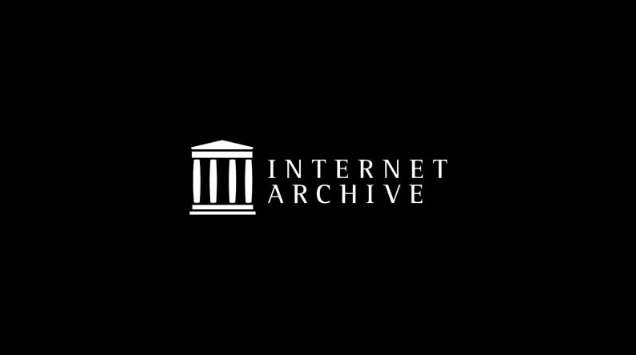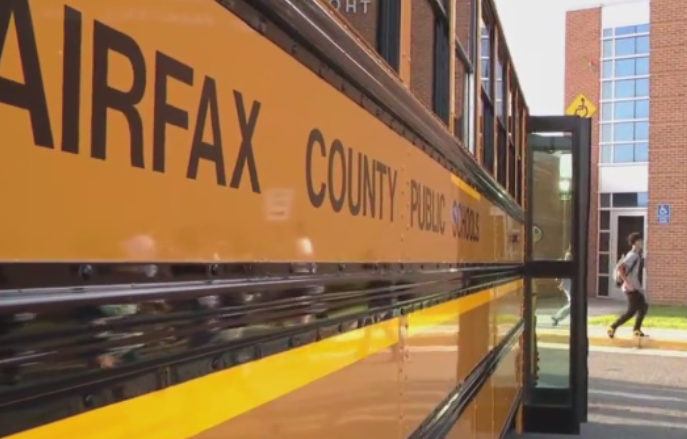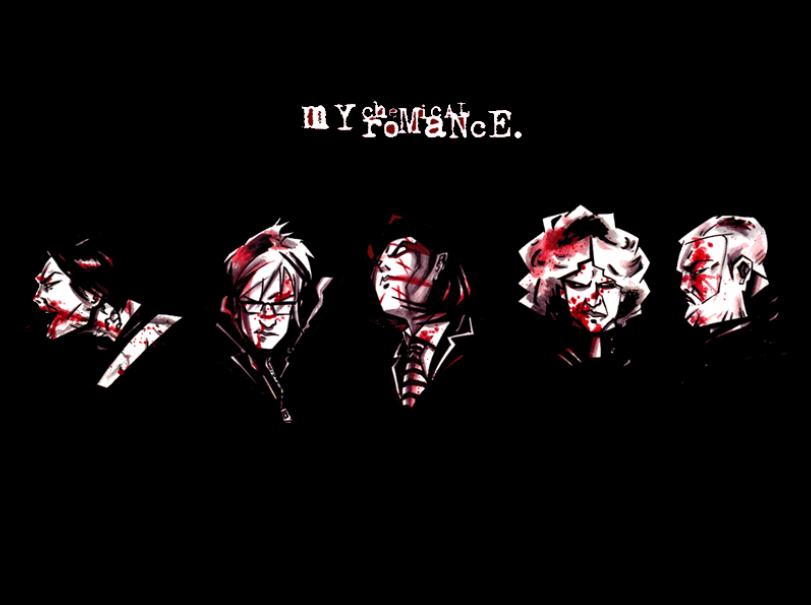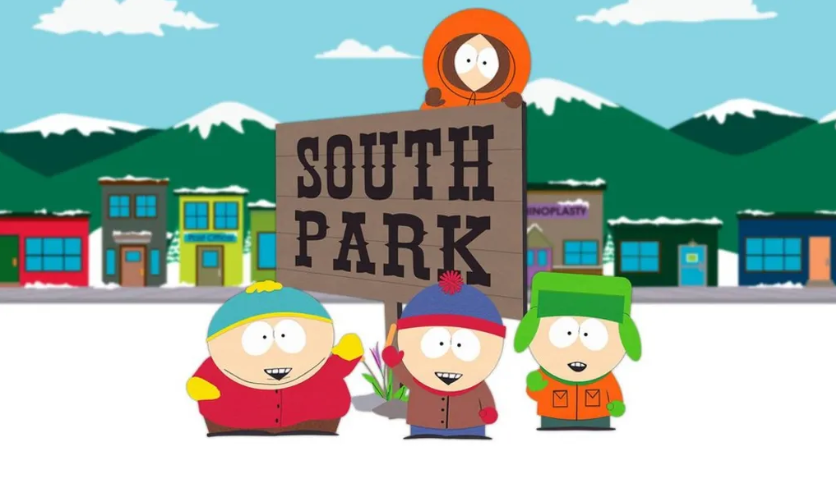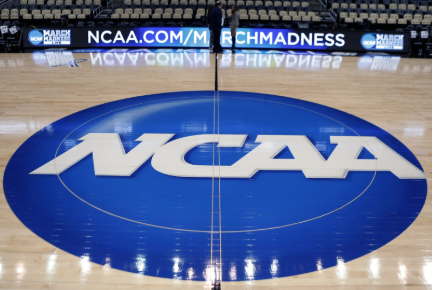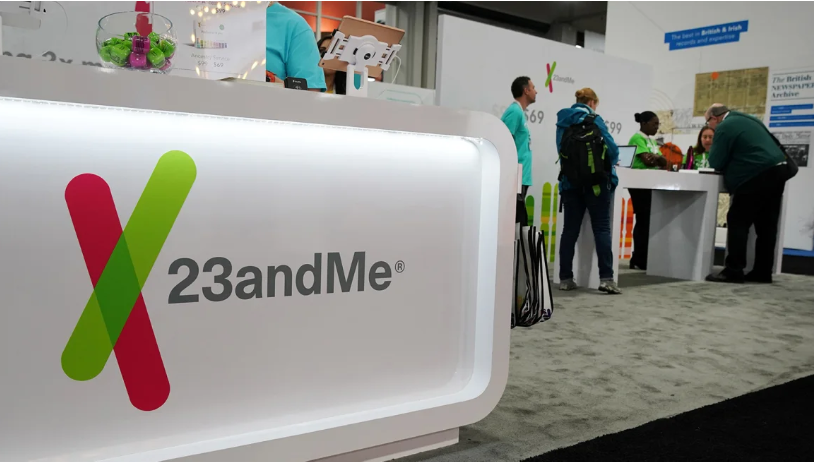The Internet Archive, the heart of media literacy and digital preservation, has been facing a near-death demise for over 25-years.
The Internet Archive was launched in 1996, and is known for its Wayback Machine. Wayback allows users to see the history of a website’s domain and how its graphical user interface is composed over time. Users can enter in any URL and can select from any year available from time-frame snapshots. Content uploaders may use an extension or software to upload these materials to the database. As of 2024, the Wayback Machine has over 860 million pages saved, and 99 petabytes of metadata.
In today’s digital age, the spread of misinformation and fake news has become a major challenge to media literacy. With the ease of access to information online, it has become increasingly difficult to discern between reliable sources and biased or false content.
Furthermore, the rapid advancement of technology and the ever-changing digital landscape pose threats to the preservation of digital media, making it crucial to educate individuals on the importance of media literacy and preservation.
Several compared this threat to the Burning of the Library of Alexandria, Fahrenheit 451, and 1984, according to various commentary forums on Reddit and YouTube.
The comparison to the Burning of the Library of Alexandria, a historic event where countless valuable texts were destroyed, emphasizes the catastrophic consequences of losing access to knowledge and historical records.
Fahrenheit 451, written by Ray Bradbury, depicts a society where books are banned and burned to suppress knowledge and independent thought. 1984 is a dystopian novel by George Orwell that portrays a totalitarian regime where history is rewritten and controlled by the government.
This debate is a reminder of the importance of preserving history, since the erasure of memories can lead to a distorted and incomplete understanding of past events.
Information manipulation and censorship bring a grave danger to universal preservation.
The Internet Archive is in danger of being shut down by cease and desist lawsuits made by large corporations. It is a non-profit organization that primarily generates revenue through donations, grants, and partnerships, and holds its own fundraisers.
Initially in 2020, the Archive faced lawsuits from book publishers: Penguin Random House, Hachette Book Group, HarperCollins, and John Wiley & Sons. According to Publishing Perspectives, contenders argue that millions of printed books distributed as bootleg e-books free of charge are without the author’s consent.
Major corporations are trying to get rid of it, but it hurts a large demographic. Even if younger people don’t use the Internet Archive as much, it still serves an important purpose. Scholars can benefit from access to educational, unrestricted content, and resources they would never find elsewhere.
Limited access to diverse perspectives can have detrimental effects on society, which can lead to echo chambers, black-and-white thinking, and the reinforcement of existing biases. People with minimal exposure to contrary viewpoints may struggle to develop interpersonal skills, empathy, and tolerance, hindering social progress.
According to the Los Angeles Times, youth reading comprehension has declined significantly, which may have something to do with generational trends. Millennials and Generation Z had to learn how to use technology, and consequently are tech-savvy; however, Generation Alpha was ‘born’ into technology, but has yet to prove that they can use it effectively. Alpha has yet to grasp its capabilities and limitations, affected by peers and influencers, and the lack of adult supervision. Generation Z is open to experimentation with machine-based learning and artificial intelligence.
Schools can play a vital role in teaching digital and media literacy to students. By incorporating media literacy into the curriculum, schools can foster critical thinking skills through evaluation of online media to understand the implications of digital footprints.
Educators, with caution, could present the ethical use of AI in the classroom. By integrating this kind of teaching, students can learn about its benefits and pitfalls, making informed, responsible decisions about the content they consume.
Although the Internet Archive has faced threats of closure, it has provided engaging, interactive, and educational content for millions. The Internet Archive plays a pivotal role in preserving and providing access to valuable educational content. It is important to recognize its threats and the potential impact on media literacy and access to diverse perspectives. As the public directs itself through the complexities of this age, efforts to support initiatives like the Archive are essential for the benefit of current and future generations.








